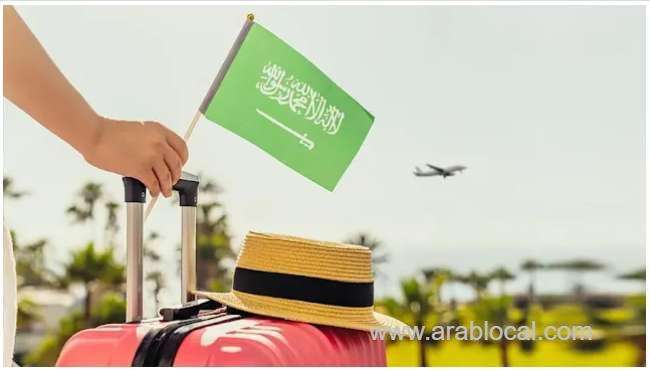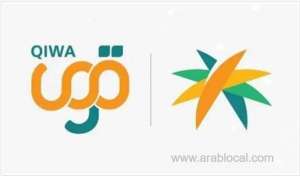Saudi Arabia’s newly launched skill‑based visa system classifies expats into high‑skilled, skilled, or basic categories based on qualifications, experience, salary, and age—part of Vision 2030’s push to attract global talent, modernize the labor market, and support mega‑projects like NEOM, Qiddiya, and The Red Sea Project.
🧠 Why Saudi Arabia Is Introducing These Changes Now
Alignment with Vision 2030 and Labour Reforms
Saudi Arabia’s economic transformation plan, Vision 2030, aims to diversify beyond oil into sectors like tourism, tech, and entertainment. Mega-projects such as NEOM, Qiddiya, The Red Sea Project, and Diriyah Gate require professionals in sustainable planning, AI, healthcare, and design. This visa shift is designed to bring in the right talent.
Modernizing Workforce Management
Previously, all expatriates were issued the same iqama regardless of role. The new system now assesses applicants on education, experience, salary, and age, processed through the Qiwa platform.
Global Best Practice & Talent Accountability
The Professional Verification Program ensures that only credentialed professionals enter the country. This reduces fraud and strengthens overall labor quality.
🗓️ Implementation Timeline & Regulatory Context
- June 18, 2025: Classification began for existing workers.
- July 2025: Full enforcement began.
- August 3, 2025: New expat hires must comply from this date.
Employers must update Qiwa records or face visa delays and penalties.
🔎 How It Relates to Broader Strategy
Reducing Dependence on Oil
This shift supports Saudi Arabia's ambition to diversify its economy through Vision 2030.
Enhancing Saudization and Skill Transfer
By hiring highly skilled expats, the kingdom fosters knowledge transfer to the local workforce.
Strengthening Digital Infrastructure
Tools like Qiwa, Musaned, and Taqat streamline the recruitment and complaint process for transparency.
✅ Benefits and Challenges for Expats
Advantages for High-Skilled Professionals
- Faster iqama renewals.
- Increased job mobility.
- Easier family sponsorship and permanent residency.
Challenges for Basic Category Workers
- More documentation required.
- Slower visa renewals.
- Difficulty changing employers.
📉 Impact on Remittances
Remittance flow from Saudi Arabia (SAR 12.78 billion/month) may decrease as fewer low-income workers enter. Countries like India, Bangladesh, and the Philippines could feel the effects.
🌐 A Step Toward a Smarter, Digitally Managed Labor Market
The initiative is part of a larger push for transparency and digitization in recruitment, with real-time salary tracking and credential validation becoming standard practice.
❓ FAQs
Q. Can employees challenge their skill categorization?
A. Not directly. But employers can request a review by submitting supporting documents through Qiwa.
Q. Is it easier to bring family now?
A. Yes. High-skilled expats will have better access to family visas and permanent residency.





